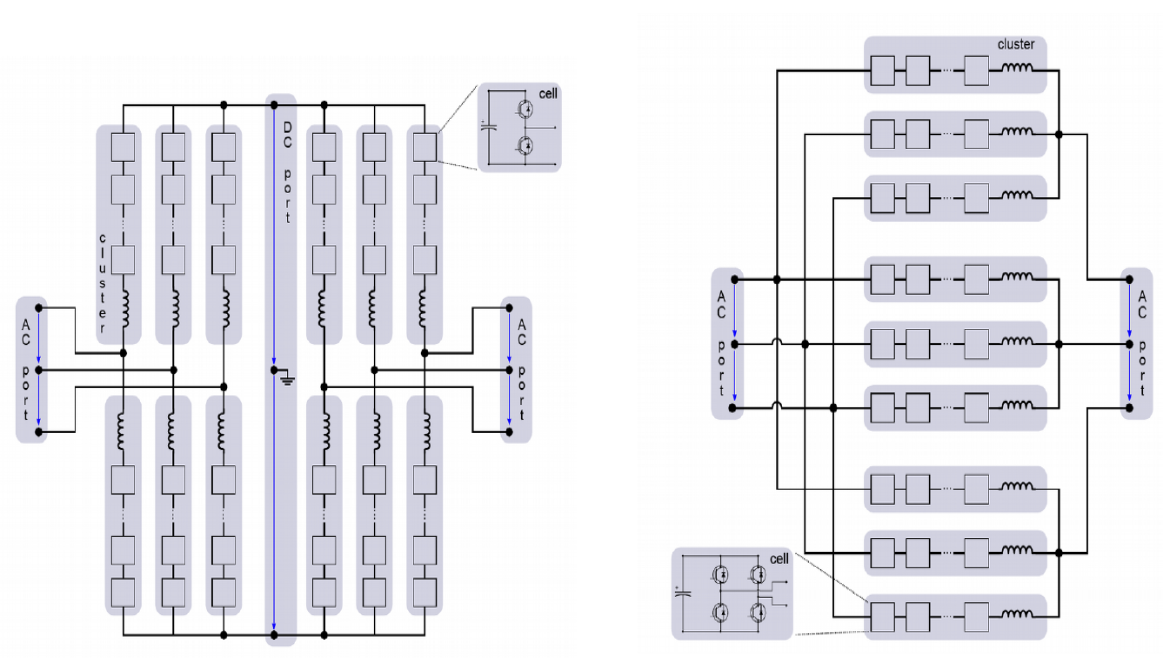ifMMCC
Intelligent and fault-tolerant modular multilevel cascade converter in future renewable energy systems under different grid-fault conditions
Prof. Dr.-Ing. habil. Christoph M. Hackl
Faculty of Electrical and Computer Engineering
To reach the ambitious goals of the Paris Agreement, a drastic expansion of renewable energy systems is required. Especially photovoltaic and wind energy systems seem to be promising. The steady increase of the producer‘s nominal power as well as the reduction of mass inertia in the supply network due to a decreasing number of classic generating systems are challenging on hardware and software level.

A key technology will be the power electronics in those systems. It provides the neccessary dynamics, controllability and flexibility to stabilize the supply network under fault conditions. The increase of nominal power comes with higher stress for systems components, in particular for power electronic devices. Hereby multilevel converters get into the focus of research. Within the family of multilevel converters the topologies of modular multilevel cascade converters (MMCC) seems to be very interesting.
A detailed investigation of two promising topologies of the MMCCs should be done during this german-chilean joint project, following the goal of a significant improvement of flexibility, operational safety and reliability of powerful future renewable energy systems and the supply network. The focus is on modular multilevel matrix converters (M3C) on chilean side and on modular multilevel converters (M2C) on german side. Robust and fault-tolerant control systems and control stategies should be developed, studied and validated for both topologies under different system and grid fault conditions. This should be done theoretically, simulatively and experimentally. A further aspect will be the system redundancy. Hereby, suitable and adaptable M3C- and M2C- cell topologies should be considered and analysed.
Running duration:
01.11.2019 - 31.10.2022
Funded by:
Federal Ministry for Education and Research
Project Executing organisation:
German Aerospace Center
Project Partner:
Prof. Dr.-Ing. Felix Rojas, Universidad de Santiago de Chile